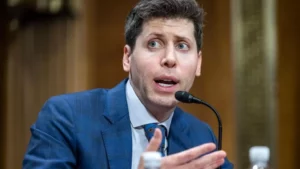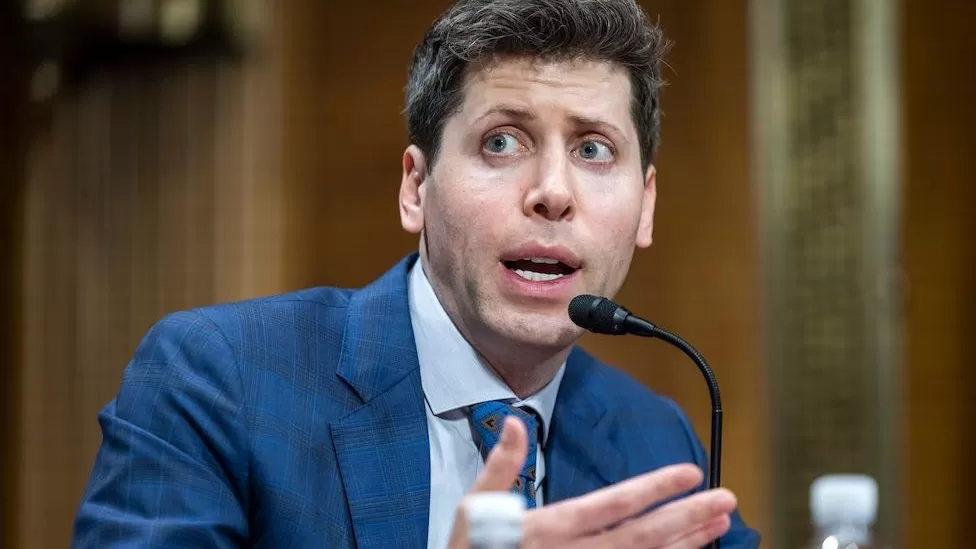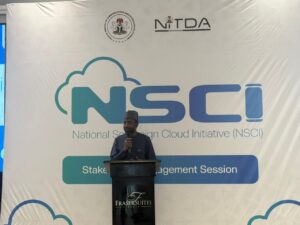Generative AI (Artificial Intelligence) enterprises, including industry heavyweights such as OpenAI, Microsoft, Anthropic, Midjourney, Stability AI, and DeviantArt, find themselves embroiled in an escalating series of legal battles with media companies and content producers. These lawsuits predominantly center around accusations of copyright infringement, with claims that these AI companies are unlawfully training large language models (LLMs) using copyrighted material from various media entities.
OpenAI and Microsoft, the primary financial backers, faced yet another legal setback when nonfiction authors Nicholas Basbanes and Nicholas Gage filed a lawsuit, alleging the misuse of their work in training AI models like ChatGPT. In a proposed class action filed in a Manhattan Federal Court earlier this month, the authors claimed that OpenAI and Microsoft violated their copyrights by incorporating their books into the data used for training OpenAI’s GPT large language model. This legal action joins several others initiated by both fiction and nonfiction writers, including comedian Sarah Silverman and “Game of Thrones” author George R.R. Martin, against tech companies over alleged unauthorized use of their work for AI training.
The New York Times previously sued OpenAI, accusing the company of utilizing millions of its articles without permission for training ChatGPT. However, these are just two of the numerous lawsuits that have targeted AI companies over the past year.
In January 2023, a group of visual artists sued AI companies Stability AI, Midjourney, and DeviantArt for copyright infringement. Getty Images also initiated legal proceedings in the High Court of Justice in London against Stability AI, alleging the unlawful copying and processing of millions of copyrighted images. Getty Images continued its battle with Stability AI in the United States for copyright infringement in February 2023.
In October 2023, three major music publishers sued AI company Anthropic, alleging infringement on copyrighted song lyrics. December saw The New York Times filing another lawsuit against Microsoft and OpenAI for alleged copyright infringement, claiming that AI tools diverted internet traffic, leading to revenue loss.
The year 2024 began with a lawsuit by Basbanes and Gage, and AI activist and lawyer Matthew Butterick leading lawsuits against firms such as Microsoft, OpenAI, and Meta, aiming to defend the copyrights of artists, writers, and programmers. A leaked list containing the names of 4,700 artists allegedly used to train the Midjourney generative AI program in January reignited debates on copyright and consent in AI image creation.
The increasing number of lawsuits highlights important debates about the fairness of profiting from mass-produced images when AI models imitate styles created by real-life artists without proper credit. Generative AI companies often defend themselves by asserting adherence to the principles of “fair use” in training their AI models. Nevertheless, critics argue that AI may unlawfully gather and leverage trademarked information, posing challenges to the sustainability of content providers globally.

As the legal landscape evolves, legal experts like Timi Olagunju, a Tech lawyer & Policy consultant, have weighed in on the discussion. He suggests that in developing countries where copyright laws are less mature, there might be limited pushback against Generative AI. “Perhaps more progress with a case against Open AI can be made with Copyright materials in Europe, but for the US, it’s more pro-innovation than regulations. You’ll see this approach with the way it plays the fiddle with crypto, blockchain regulations unlike Europe. Generally, there is the principle of fair use and also that of transformative use of original work. Although, to claim fair use, it may be flawed with the challenge of profit making from its venture. But it’s more transformative use of Copyright materials than simply fair use. Hence the legal courts key question to determine, will be does Open AI’s use of Copyright materials cover transformative use as not infringe on legal protection offered original work. To the extent they determine that, then there is either a case or no case.”
The surge in legal challenges confronting generative AI companies underscores the complex intersection of technology, copyright, and innovation. As these lawsuits continue to unfold, probing questions about the ethical use of copyrighted material, the principles of fair use, and the transformative nature of AI applications remain at the forefront. The lawsuits, spanning across diverse industries and artistic mediums, emphasize the urgent need for policymakers to reassess and update copyright laws to accommodate the evolving landscape of artificial intelligence. While these legal battles may not mark the end of generative AI or copyright, they serve as a call for a balanced approach that fosters innovation while ensuring fair compensation and acknowledgment for creators. The future of AI innovation necessitates a careful balance between technological advancement and the protection of intellectual property, ensuring a landscape that benefits both content creators and the ever-growing field of artificial intelligence.





